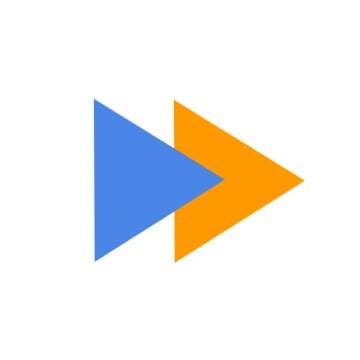Federal Government approved the CARES act
On March 30th, the Federal Government approved the CARES act (Coronavirus Aid, Relief and Economic Security Act) to help the American people cope with the crisis caused by Covid-19. Part of the bill includes loans for small businesses through the Small Business Administration (SBA).
These loans will help businesses overcome the temporary loss of revenue they are experiencing due to pandemic, keep their staff (if they are still considered an essential business and are still operational) or re-hire them. The loans may be used to pay fixed debts, payroll, accounts payable and other bills that could have been paid if the virus didn't happen. Amounts over $25K need collateral. Here are the different types of loans:
Paycheck Protection Program or PPP: This loan is to help keep the workforce employed during the COVID-19 crisis. The business could get as much as 2.5 times their average payroll and this loan could be used for payroll, utilities, rent, and mortgage payments. The first payment can be deferred up to six months and the loan term is two years at a 1% interest rate. This loan is forgivable as loan as you can prove you used at least 75% of the funds for payroll and the rest for other qualified expenses like rent, utilities, and mortgage. You need to request for the forgiveness separately but the guidelines are still not set as to what you need to do. Keep good records and open a separate bank account (if possible) to have everything even more organized, as it will not mix with your regular operating account, then only pay for the expenses that will make this loan forgivable. You can find more information about the PPP here.
Economic Injury Disaster Loan and Loan Advance, also known as EIDL: The Small Business Administration (SBA) has created a loan program funded by the FEMA to help small businesses cope with the loss of revenue caused by the pandemic. Amounts range from $10,000, which is the Economic Injury Disaster Loan Advance, an up to $2 Million, for the Economic Injury Disaster Loan. These loans are available to areas declared as disaster areas, right now, all U.S. states, Washington, D.C. and territories, qualify. The reason for the loan you need to select when applying is Economic Injury. Loans are on a first come first serve basis and you need to apply online at the SBA website. Apply for this loan here SBA EIDL Application
SBA 7(a) Small Loan: The maximum amount for this type of loan is $350K. This type of loan is processed through a qualified lender but the decisions are made by the SBA (some lenders can make the decide on their own if loan is approved). After the application is submitted, it may take from 5-10 business days for the SBA to make the decision about the loan. You have to give very detailed information about what you're going to use the proceeds of the loan in the application. Loans that are for less than $25K do not need collateral but anything over that amount will need it. Forms SBA 1919 and SBA 1920 are required to be completed to apply for this loan.
SBA 7(a) Loan: This is almost the same as the previous loan, but the amount of the loan can be up to $5 million and terms up to 10 years. Needs collateral, same forms, same turnaround time.
SBA Express Loan: The maximum amount for this type of loan is $350K. Turnaround time is 36 hours and the decision is made by the lender (the bank you are using for the loan). The bank uses its own forms plus Form SBA 1919. Same as the others, anything over $25K needs collateral.
CAP Lines: CAP Lines is an umbrella program that helps small businesses meet their short-term cyclical needs for working capital. One of the CAP Lines is specifically for builders. Builders CAPLine help builders finance direct labor and materials costs and the building their working on or renovating serves as collateral (you would probably have to own the building for that, it doesn't say) and it requires a personal guarantee from the company owners with more than 20% stake at the company. It can be a revolving line of credit, that you use and pay it and can take the money again and again as long as you pay it back. Or it can be a term-loan up to a maximum of 10 years.
For the 7(a) loan, 7(a) small loan, SBA Express loan and CAPLines, the interest rates are negotiable and cannot exceed SBA's maximum rates. They will require two or 3 years of business tax returns, most recent year profit and loss statement, statement of liabilities and most likely, income and expense projections.
I hope this information is useful to you. Let's all keep doing our part to end this virus, keep social distancing and stay home unless you are a medical professional and part of the workforce considered essential. If you are part of the workforce considered essential, we thank you for your service. Stay safe, stay healthy. Together, we can all end this.
